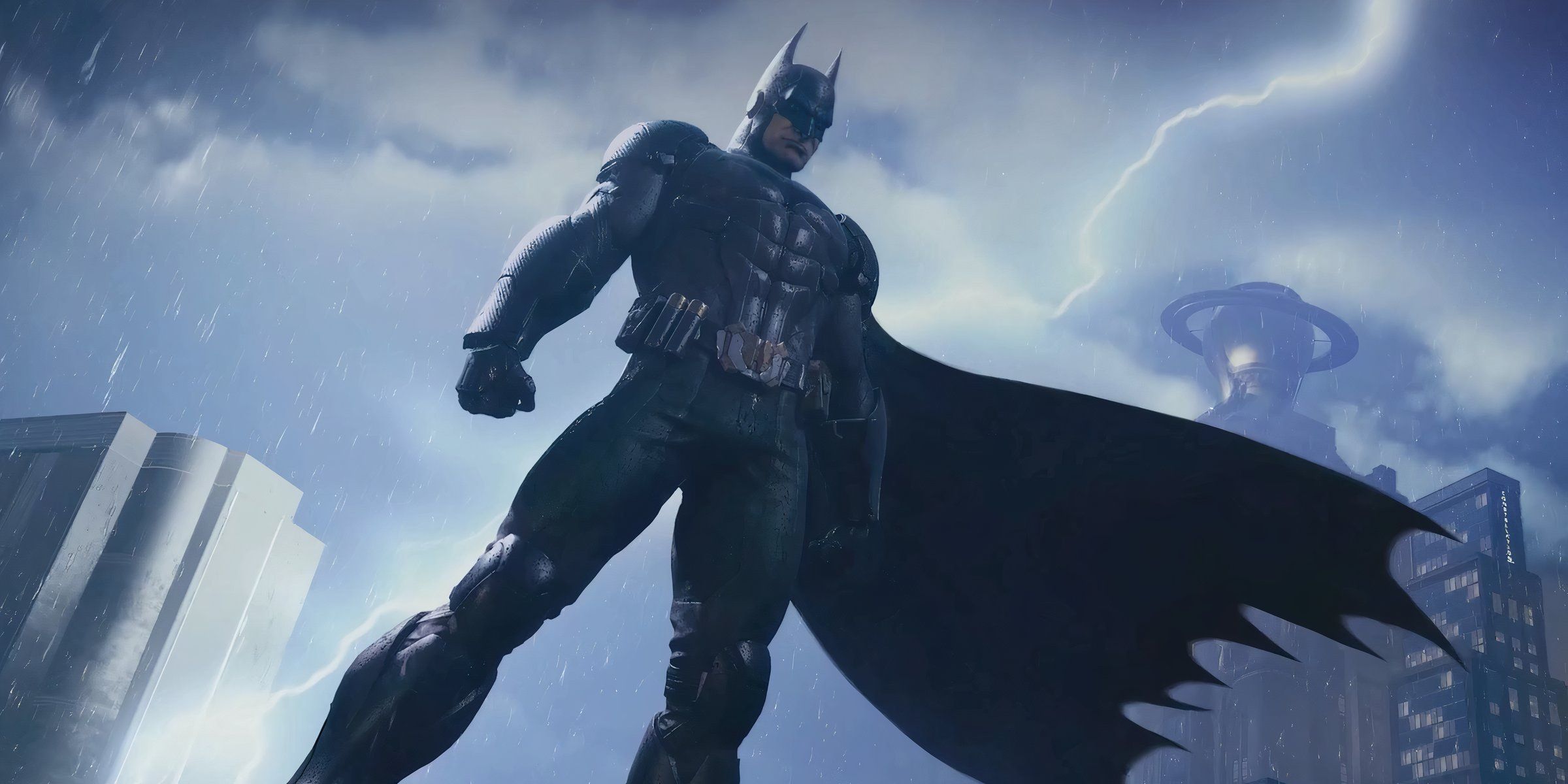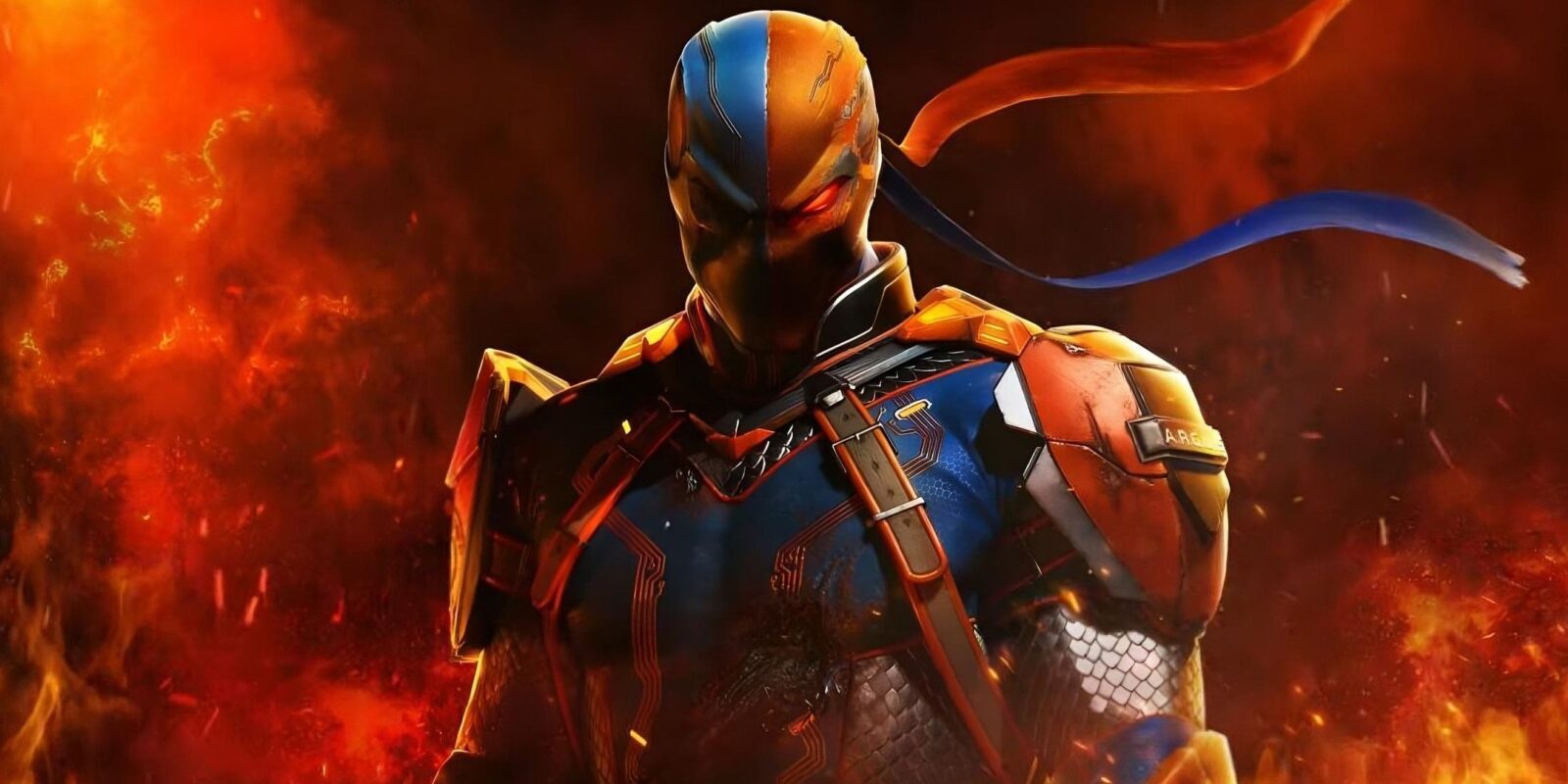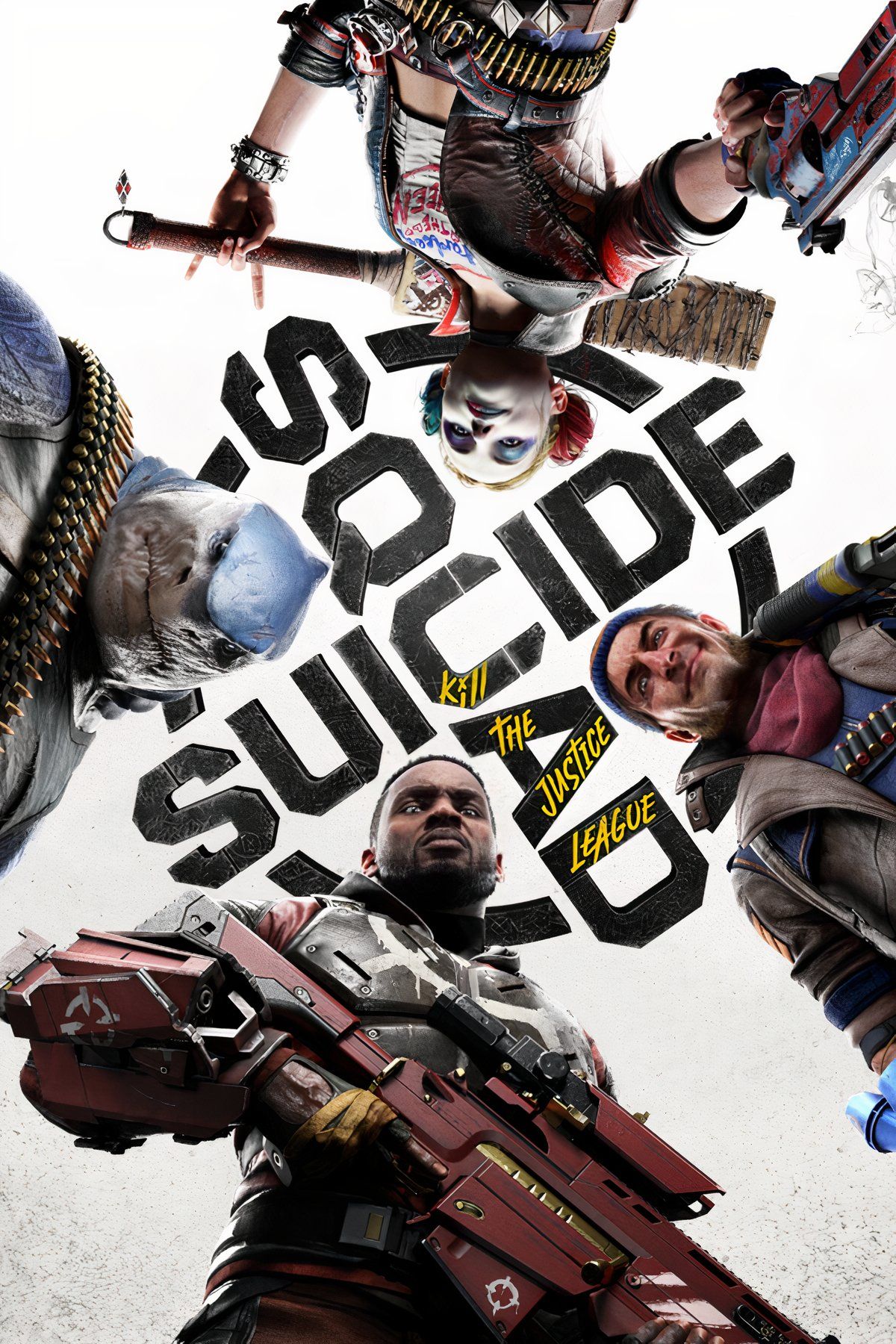It’s not exactly controversial to call Suicide Squad: Kill the Justice League one of the biggest disappointments of 2024—perhaps one of the biggest disappointments of the 2020s. While some still held out hope for a Suicide Squad team-up game from the once-infallible Rocksteady, the title may have been marked for failure on day one.
This can be attributed to a number of factors, not the least of which being its very nature as a live-service game. Not only were audiences underwhelmed by the prospect of a superhero game being turned into an ostensibly by-the-numbers looter-shooter, but by the fact that Rocksteady was behind it: the studio just didn’t seem to match the project. Couple this with general live-service fatigue, and Suicide Squad was facing an uphill battle when it came to impressing the public upon release. Unfortunately, the game didn’t even come close to winning this fight, as its story, gameplay, and monetization model all failed to appeal to audiences at large. This saga has ended on a sad but predictable note, as Suicide Squad is ending seasonal support on January 16, 2025.

Related
Batman’s Arkhamverse Future Should Be Forever Marred by Suicide Squad: Kill the Justice League
Suicide Squad: Kill the Justice League tugs at Batman left and right and one fateful choice made should haunt Bruce Wayne and the Bat Family forever.
Suicide Squad Should Go Out With Its Head Held High
Suicide Squad’s Story Has Been Ineffectual and Bland Thus Far
The game’s very subtitle, Kill the Justice League, evokes a sense of morbid fascination. The Justice League is, of course, one of the most iconic groups of heroes in popular fiction, and has been for decades, so the notion of a game where the player’s primary objective is to take these heroes out, as certified psychopaths like Harley Quinn, no less, is immediately, grotesquely alluring.
Unfortunately, Suicide Squad: Kill the Justice League hasn’t done much with its unique premise. The game’s narrative has mostly centered on uninventive multiverse shenanigans, which ultimately feel more like justification for keeping the content train rolling and introducing new characters than avenues for powerful storytelling. After all, the multiverse formula is the only one that offers limitless potential for new heroes, villains, and locations to be added to the game. This scent of cynical franchise-building is exacerbated by the fact that storytelling and cinematics have been sparse in post-launch updates, leading to a sense that Rocksteady is just looking to be “done” with the project.
Rocksteady’s Saving Grace Could Be a Good Suicide Squad Finale
A big part of why Suicide Squad: Kill the Justice League has received so much attention is because of its unfulfilled potential: in another world, a Rocksteady-developed Suicide Squad game set in the Arkhamverse could have been something special indeed, both in terms of story and gameplay. In a word, the reality of this Suicide Squad game can be adequately described as depressing.
And there would be no more depressing an end than for it to simply fizzle into obscurity, quietly fading away with its tail tucked between its legs. Yes, Season 4 is almost certainly being developed out of obligation more than a desire to tell a hard-hitting story, but that doesn’t mean that Rocksteady can’t go all out with its final chapter, implementing out-there twists or otherwise unexpected developments. In fact, the fact that Warner Bros. is sunsetting support for the game means that Rocksteady has almost nothing to lose on the narrative front. Very little is expected from Suicide Squad‘s story at this point, but this could be a blessing rather than a curse.













Leave a Reply